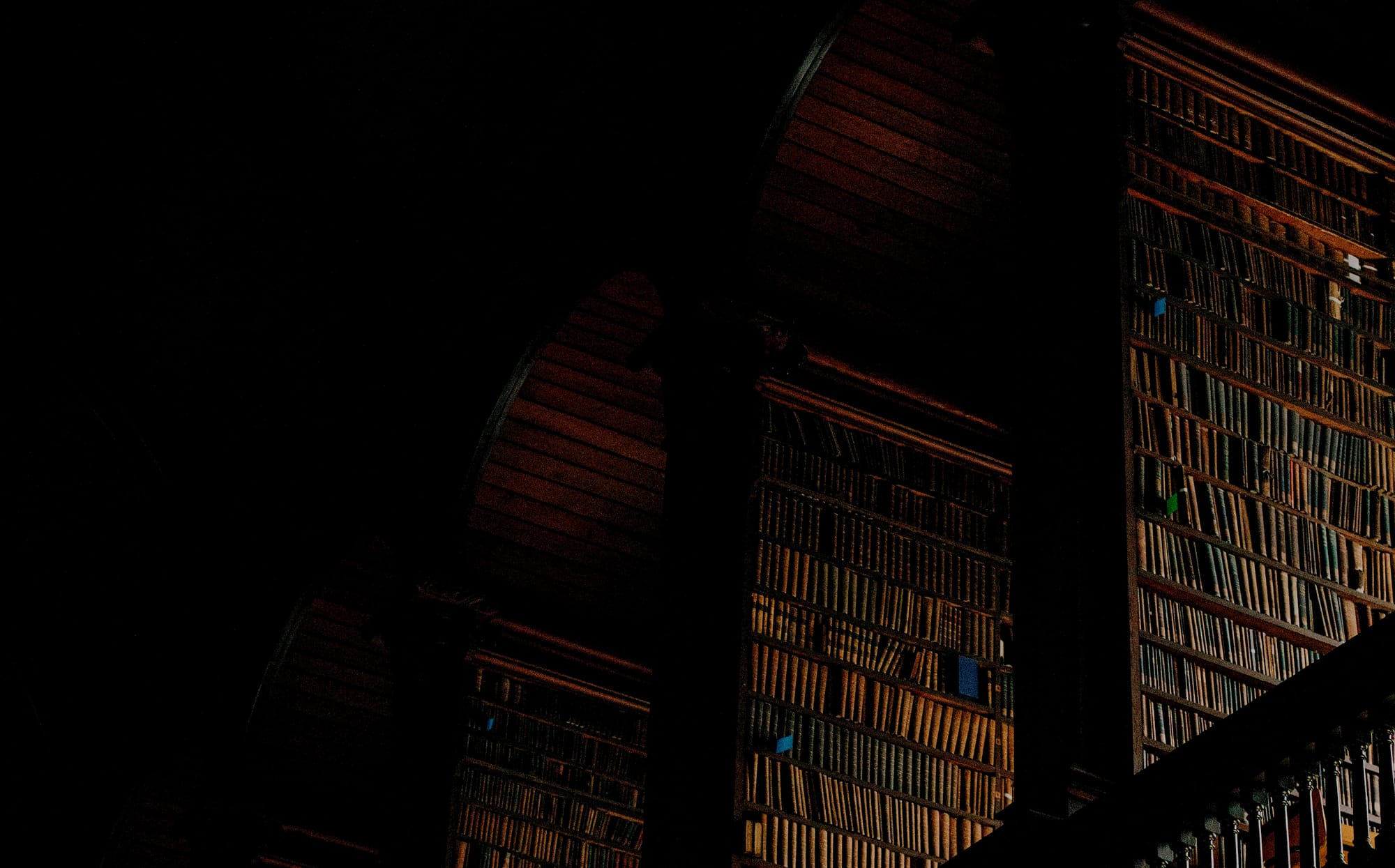The Chute
Content Warning: Death of a parent
The floor lets go.
Tiles shrug off grout, float up like loose teeth
toward the ceiling, which has become
a drain.
The table lifts its legs,
a stunned animal in the chute,
plates sliding, gravy climbing
back into the boat.
My father is laughing upside down,
which from here looks like choking.
His tie stands on end,
points at me like blame.
The fridge hums above us
armoured in a mail of magnets.
Coupons and lists flutter
like condemned flags.
Forks kneel to the plaster.
My glass rises,
then shatters into shards of weather—
a brief, glittering storm.
All the things we kicked under the table—
crumbs, a dropped pill, a letter
we didn’t open—
rise past us, halo our shins.
I reach for the light switch
and find it under my heel.
The room shines from the floor,
lamps sweating light beneath us.
When the world finally grows bored
and rights itself,
the plates are clean,
and my father is lying
exactly where he fell.


